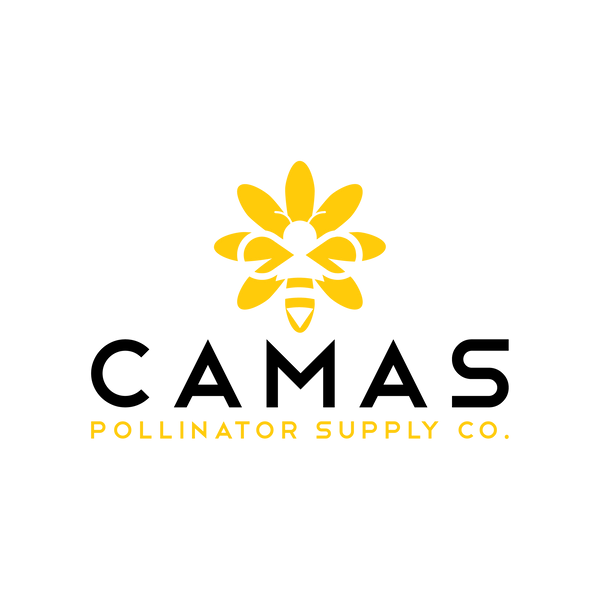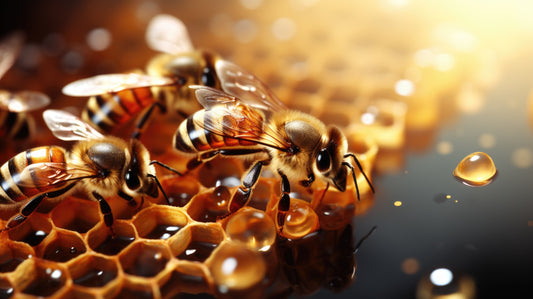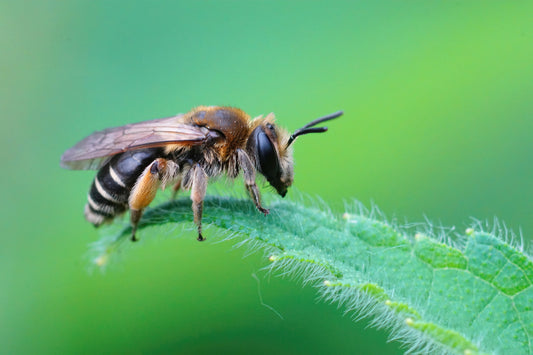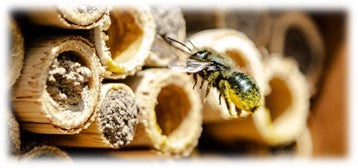As we step into the New Year, it's the perfect time to reflect on our actions and make resolutions that benefit not only ourselves but also the environment. One area where we can make a significant impact is in supporting pollinators and their habitats. In this blog post, we will discuss the importance of supporting pollinators and provide tips and ideas for readers to make resolutions that benefit these vital creatures. By taking small steps, such as planting native flowers, creating a pollinator garden, reducing pesticide use, and supporting local beekeepers, we can make a positive impact on pollinator populations and the overall ecosystem.

Understanding the Importance of Pollinators:
Pollinators, such as bees, butterflies, birds, and bats, to name a few, play a crucial role in our ecosystem. They facilitate the pollination of plants, which is essential for the reproduction of many flowering plants, including those that provide us with food. Without pollinators, our food supply and the biodiversity of our planet would be severely affected.

Planting Native Flowers:
One of the simplest and most effective ways to support pollinators is by planting native flowers in our gardens or even in small pots on our balconies. Native flowers provide a source of nectar and pollen for pollinators, and they are well-adapted to the local climate and soil conditions. By choosing a variety of flowering plants that bloom at different times throughout the year, we can ensure a continuous food source for pollinators.
Creating a Pollinator Garden:
Take your commitment to supporting pollinators a step further by creating a dedicated pollinator garden. Designate an area in your yard or community space where you can plant a diverse range of native flowers, shrubs, and trees. This will provide a sanctuary for pollinators to forage, rest, and reproduce. Consider including plants that provide food for caterpillars, as they are an essential part of the pollinator life cycle.

Reducing Pesticide Use:
Pesticides, particularly insecticides, can be harmful to pollinators. They can interfere with their navigation, feeding, and reproductive abilities, leading to population decline. Instead of relying on chemical pesticides, explore organic and natural alternatives to manage pests in your garden. Integrated Pest Management (IPM) techniques, such as using beneficial insects and practicing crop rotation, can help maintain a healthy balance in your garden without harming pollinators.
Supporting Local Beekeepers:
Bees are one of the most important pollinators, and they have been facing numerous challenges in recent years. By supporting local beekeepers, you can contribute to the well-being of bee populations. Purchase honey and other bee-related products from local beekeepers and consider hosting beehives on your property if feasible. This not only supports the beekeepers but also provides a safe space for bees to thrive.

As we embark on a new year, let's make a commitment to support pollinators and their habitats. By planting native flowers, creating pollinator gardens, reducing pesticide use, and supporting local beekeepers, we can make a positive impact on pollinator populations and the overall ecosystem. These small resolutions can have a significant and lasting effect, ensuring the survival of these vital creatures and the biodiversity of our planet. Let's make 2024 the year of pollinator-friendly resolutions!

Remember, every action, no matter how small, counts in creating a better world for pollinators and ourselves. Together, let's make a difference!




